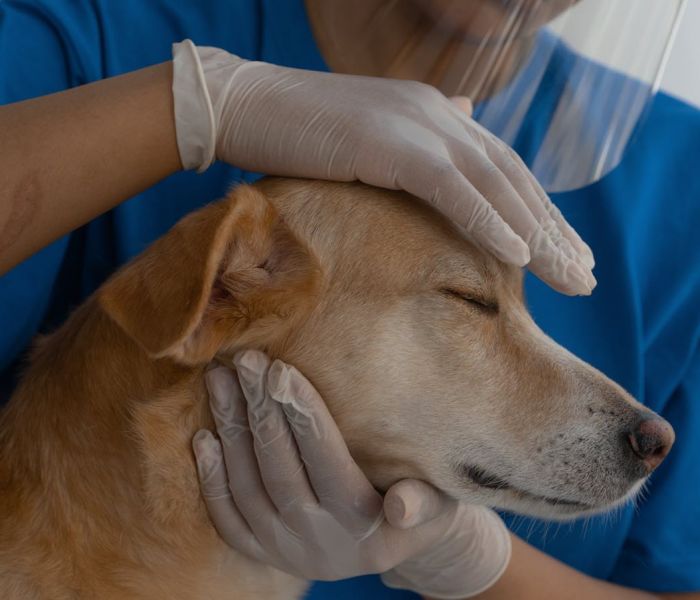Becoming a Private Practice Veterinarian: Your Veterinary Business Plan
You’ve made the decision – maybe even picked out the exact property – to build or buy a clinic. How do you sell your vision to a funder? Your veterinary business plan is the answer.
Visit us on social

Follow us on social to receive notifications for new articles.
Veterinary Practice Management Skills: Quality Financial Statements
To open your practice, you showed your potential financial partners that you are both a talented veterinarian and a savvy business professional through your solid business plan and financial statements. What if another great opportunity presented itself today? Could you pivot quickly and easily to produce the quality financial statements you’ll need?
What is a PEO and is it Right for Your New Veterinary Practice?
A PEO or professional employer organization is a human resources (HR) model designed for small businesses. Is it a fit for your new veterinary practice?
Veterinary Pet Business: Opening a Second Location
Your current veterinary practice/clinic is doing well. Is it time to expand and open that second location?

5 Ways to Manage Veterinarian Stress Levels
Being a veterinarian can be a rewarding and fulfilling job, but it doesn’t come without stress.

Effective Teamwork in Your Veterinary Practice
As a business owner, you want your veterinary practice to feel like a cohesive unit. You are looking to have a well-oiled machine where all parts work together so smoothly and effortlessly that the client doesn’t even notice the transition from one area of your practice to another. This requires teamwork. While teamwork is a seemingly simple goal, it can often prove challenging and requires a continual, focused effort in order to achieve.






